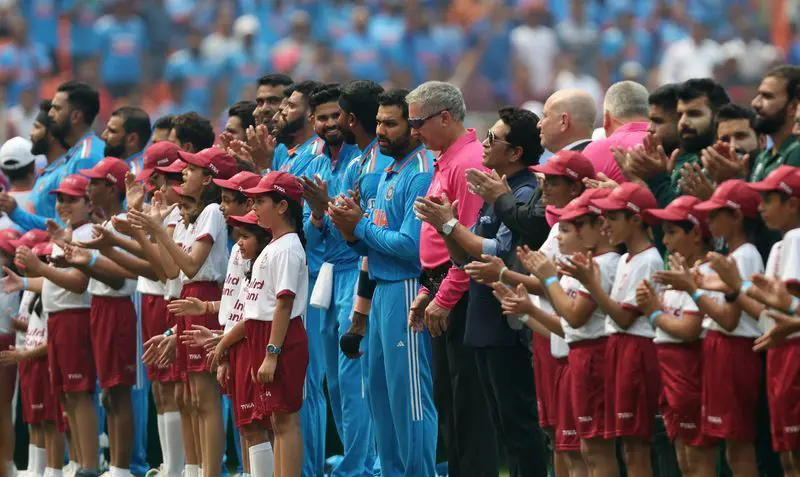In the intricate world of international cricket, diplomatic maneuvers often play a significant role in shaping the landscape of the sport. Recently, a prominent figure in Pakistan’s cricket community commented on the potential repercussions of a tit-for-tat strategy if the Board of Control for Cricket in India (BCCI) decides not to send its team to Pakistan for the Champions Trophy.
“At this level, you can only lobby and try to convince other boards to be on your side,” he said. His remarks highlight the complex dynamics at play, where lobbying and strategic alliances become crucial. “India has too much clout in the ICC; it would do no good for Pakistan to adopt a tit-for-tat strategy,” he added, emphasizing the futility of retaliation in such a high-stakes environment.

The BCCI’s potential decision to avoid sending its team to Pakistan, opting instead to play its matches elsewhere, poses a significant challenge for the host nation. “When the BCCI says it can’t send its team and will play its matches outside Pakistan, it does reduce the purpose for Pakistan of hosting an ICC event,” he noted. This move could undermine the essence and significance of Pakistan hosting the Champions Trophy, impacting not only the spirit of the tournament but also the financial and reputational benefits associated with such a prestigious event.
Navigating this complex scenario requires careful consideration and diplomacy from Pakistan. Rather than resorting to retaliatory measures, Pakistan’s cricket authorities might need to engage in behind-the-scenes negotiations and build a consensus among other cricket boards. By doing so, they can ensure that the integrity of the tournament is maintained and that the event can proceed with the participation of all major cricketing nations, including India.





#CricketDiplomacy #ICC #ChampionsTrophy #IndiaVsPakistan #SportsPolitics #BCCI #PakistanCricket


